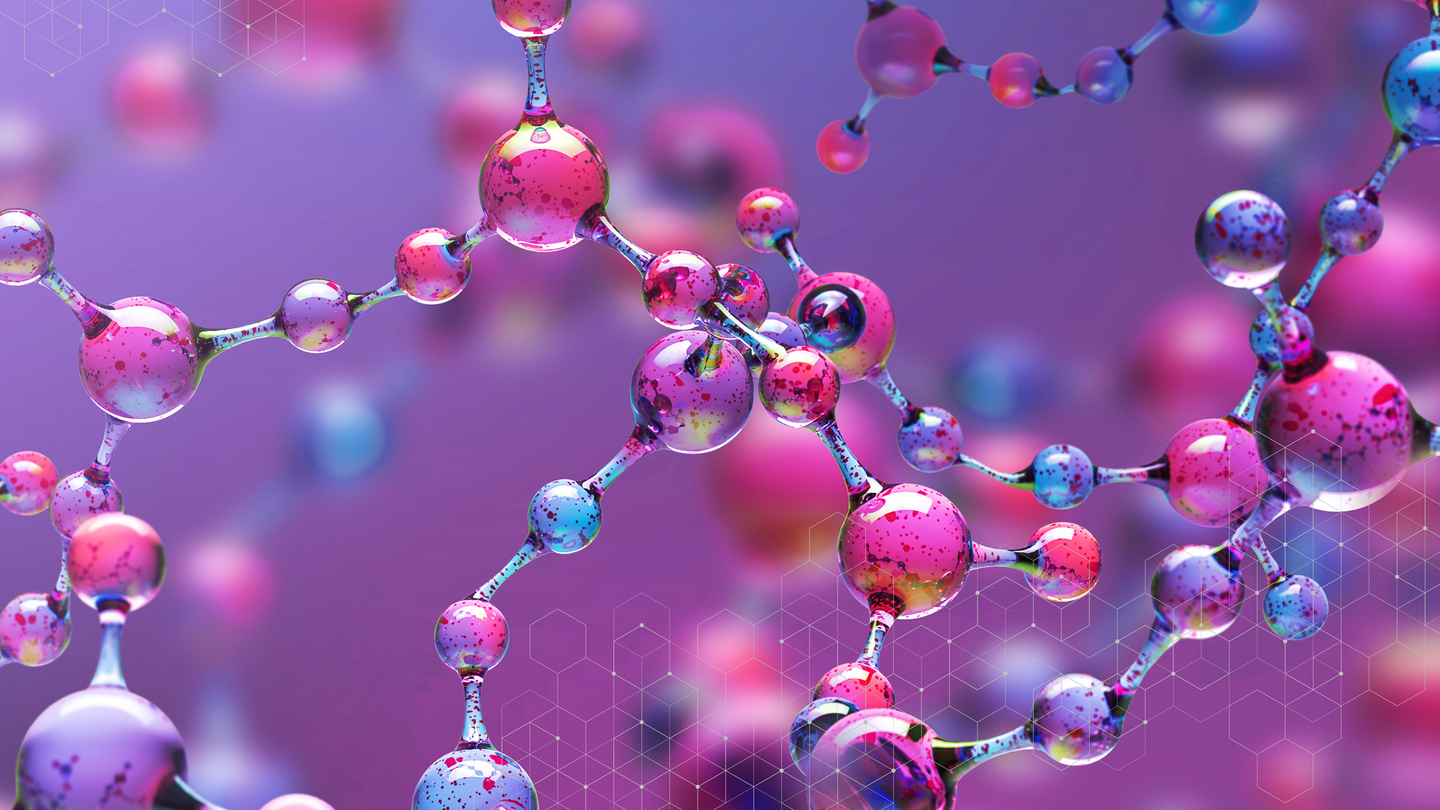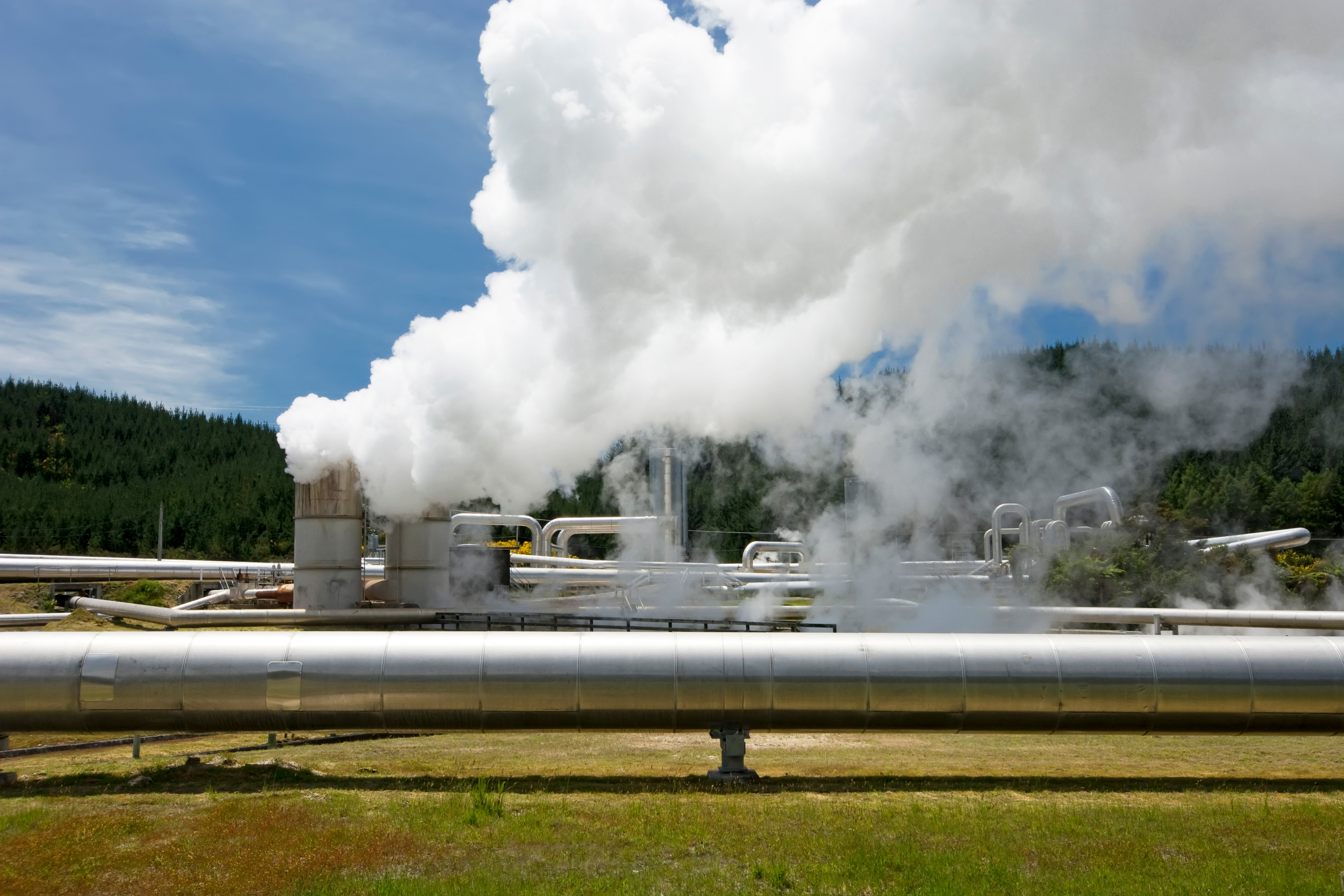
For corrosive CO2 and ultrahigh-temperature environments
Talk to an expertThermaLock™ cement, a specially formulated calcium aluminate phosphate cement, resists CO2 and acid. Developed for high-temperature geothermal wells and CO2 environments, it offers superior thermal and chemical stability under ultrahigh-temperature and corrosive environments with a lower permeability than Portland-based designs. Mechanical property modifiers enhance the system's elasticity and help make the cement barrier more resilient to the cyclic loading imposed by CO2 injection and storage operations.
The high-temperature stability of ThermaLock cement makes it ideal for ultrahigh-temperature applications, such as geothermal, steam injection, steam-assisted gravity drainage (SAGD), and in-situ combustion. Portland cement goes through compressive strength retrogression above 230°F; even with added micro silica content, it is useable only up to 650°F with the addition of high silica content, which is an operational challenge to mix. Beyond the temperature range of 650°F, ThermaLock cement is recommended.
The Halliburton CCUS solutions portfolio includes non-Portland, modified Portland, and reduced Portland products. These solutions use tailored chemistries, pure resin, cement and resin composites, and additives to enhance mechanical properties. They also reduce the set cement permeability and deliver an improved CO2-resistant barrier with long-term integrity. The ThermaLock cement system is part of the Halliburton non-Portland solutions portfolio.
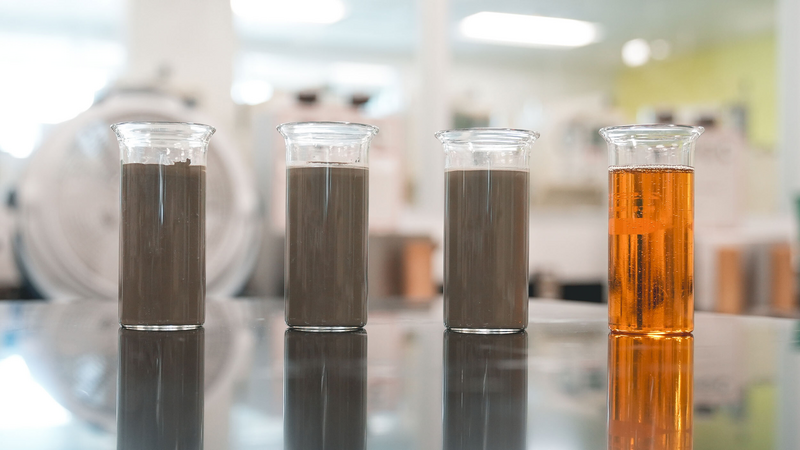
Deep-penetration, high-performance sealant ideal for carbon storage, chemical disposal wells, and permanent plug and abandonment.
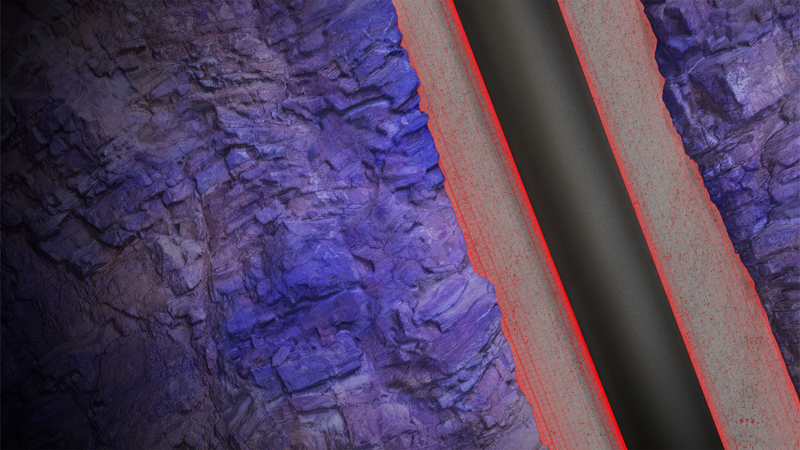
Provides enhanced resistance to CO₂, lower permeability, and increased elasticity in comparison to conventional Portland cement systems.
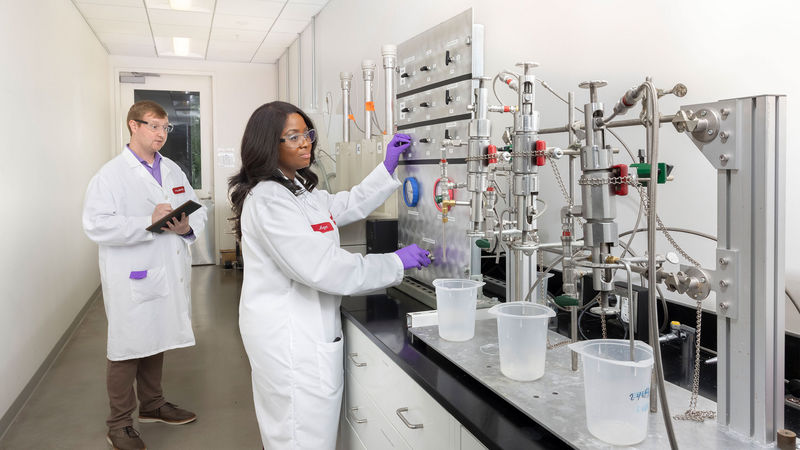
Tailored to improve chemical resistance to CO₂ and enhanced mechanical properties that minimize the impact of cyclic loading on the cement barrier integrity.
